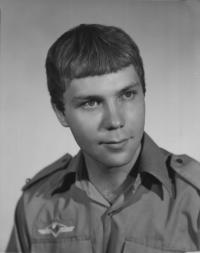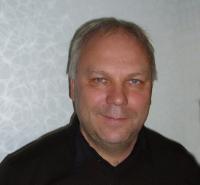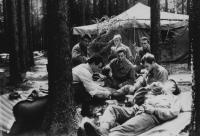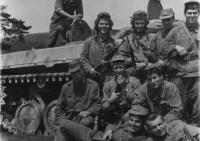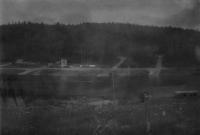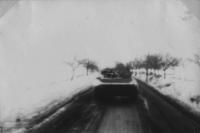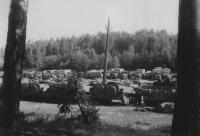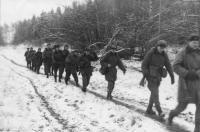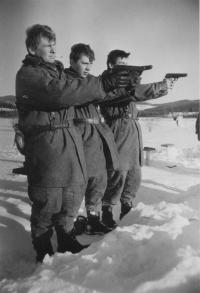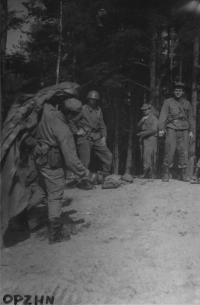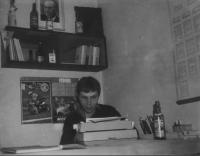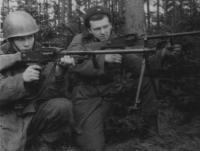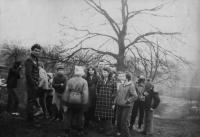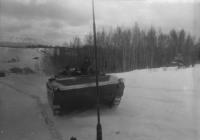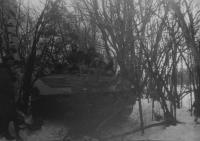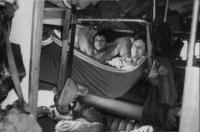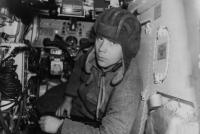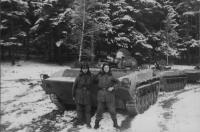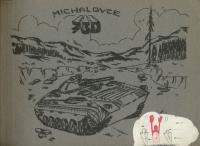We often practised urban combat after 1980
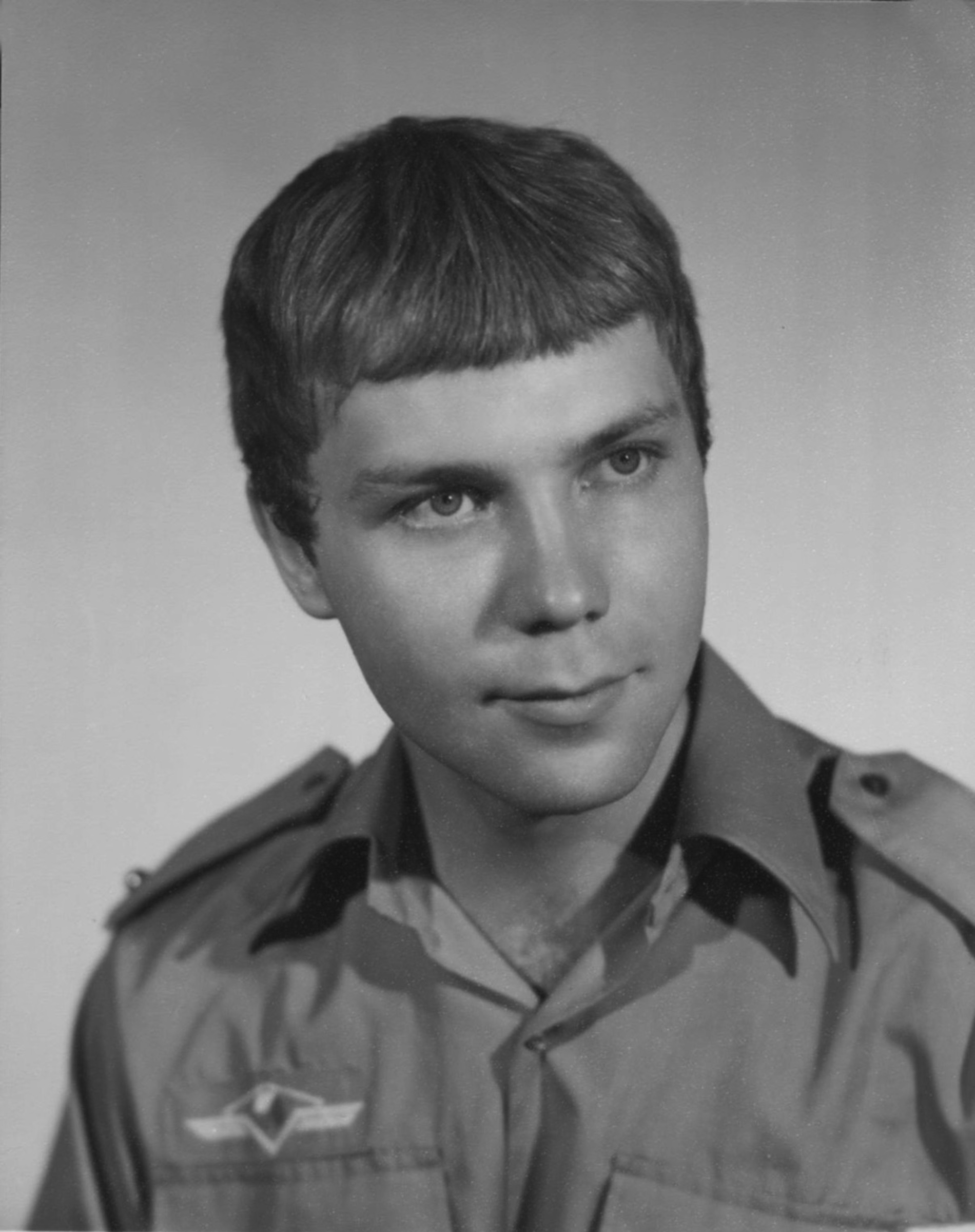
Download image
Miloš Špitálský was born on 11 October 1960 in Liberec. In 1979 he trained as a mechanic, and in October he started his compulsory military service. In December 1980 he took part in the Krkonoše field exercise as a BVP-1 (infantry fighting vehicle) gunner-loader in the 1st Company 1st Battalion of the 79th Motor Rifle Regiment (VÚ 6175) in Benešov. In October 1981, after returning to civilian life, he found employment at an assembly firm, with which he travelled to various countries. After the Velvet Revolution he established his own private company Nerez HK (Stainless HK), and he continues to do business to this day.
